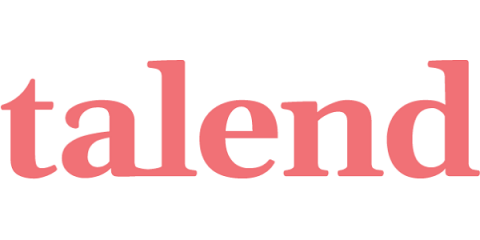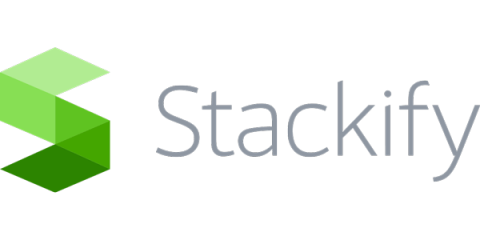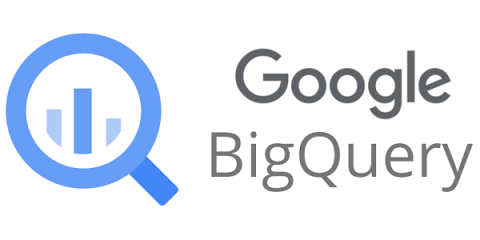Legacy Versus Next-Generation - How Open Source is Driving the Big Data Market
When it comes to solutions for the big data sector, there is a clear split between the legacy and next-generation approaches to software development. Legacy vendors in this space generally have their own large internal development organizations, dedicated to building proprietary, bespoke software. It’s an approach that has worked well over the years.







